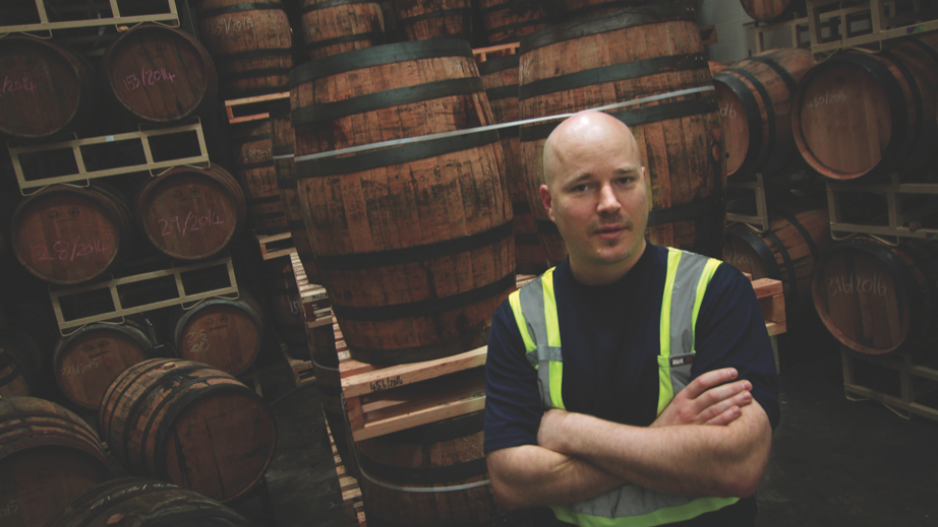B.C. producers are lobying the provincial government to change regulations and tax their product at the same rate as beer to encourage a craft cider sector in the province.
They also want the British Columbia Liquor Distribution Branch (BCLDB) to stiffen regulations on what can be labelled as cider and stop grouping the drink in with what the BCLDB calls “refreshment” beverages, such as Smirnoff Ice and Mike’s Hard Lemonade.
Those beverages, which are sometimes called “alcopops,” are packed with sugar and can include vodka or other distilled-spirit alcohol, whereas genuine artisanal cider must include alcohol from fermented apple juice.
The B.C. government sent Business in Vancouver a statement saying the province’s definition of cider is based on the federal Food and Drugs Act, which stipulates cider must have alcohol from fermented apple juice.
However, the regulation also allows cider makers to make a base cider from apple juice, water it down and then add other spirits to create the desired alcohol percentage, said Central City Brewers + Distillers operations manager Tristan Warren.
“The generally accepted global definition of cider is a product made from fermented apple juice,” he said. “A lot of the stuff on the market in B.C. is not that, so I think that’s why cider has been dumped into the refreshment category.”
Warren and other cider makers believe cider should also be taxed as though it were beer in order to make the sector more viable.
“It’s cost-prohibitive for us to produce packaged products in B.C. given the markup structure,” said Sunday Cider principal Dane Brown.
His year-old East Vancouver cidery started selling cider in kegs to restaurants and bars soon after it launched. It began selling cider direct to the public in growlers during the summer.
Brown has yet to install a canning or a bottling line because he and his partners do not believe it would be economically viable. If they were to incur the cost of packaging equipment, their strategy would be to sell their product in Alberta, where the markup structure is less.
If Sunday Cider were located on land adjacent to where its fruit is grown, there would be no markup on its products. As the company is not located on an orchard, Sunday Cider’s products are marked up at the refreshment-beverage rate of 73%, before other taxes are added on.
That is substantially more tax than would apply if the product were beer, which is taxed based on a dollar amount instead of a percentage. The tax is levied at three rates depending on how much beer the brewery produces.
For example, here’s the difference in taxation using a six-pack of 355-millilitre cans where a small manufacturer wants to generate $8.73 in revenue:
If the product is cider, the mark-up tax is $6.37, plus a $0.60 environmental levy for a wholesale price of $15.70.
If the product is beer, the mark-up tax is $1.17 plus the $0.60 environmental levy for a wholesale price of $10.50.
Once the goods and services tax and the provincial sales tax are added, plus a markup on the part of a retailer, the likely retail price for the cider is $18.36 whereas the price for the beer would be $12.28, Brown said.
“We’ve had to be very creative to make our business work,” Brown said. “In a way, we’re breaking new ground because we’re one of the only companies that I’m aware of in B.C. that is producing proper craft cider in an urban setting as a small cidery startup,” he said.•




